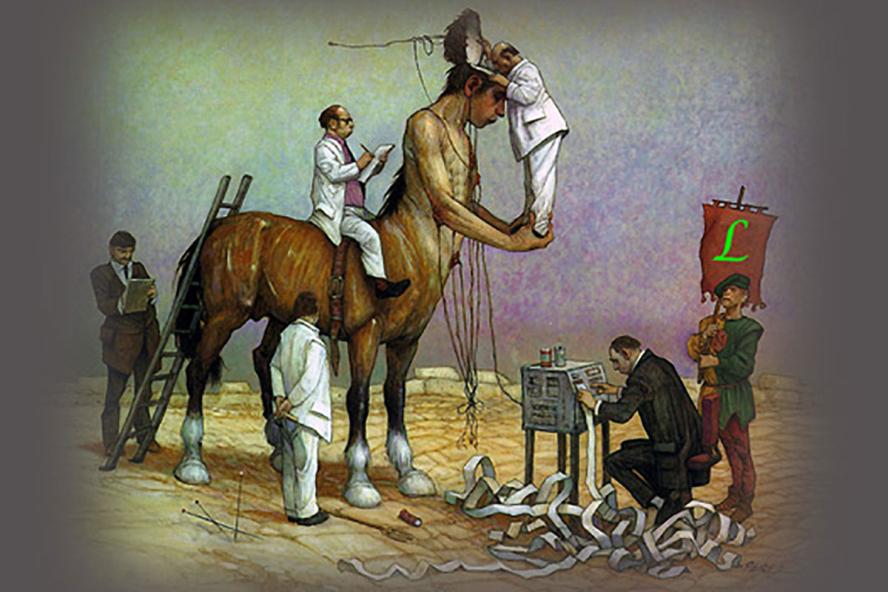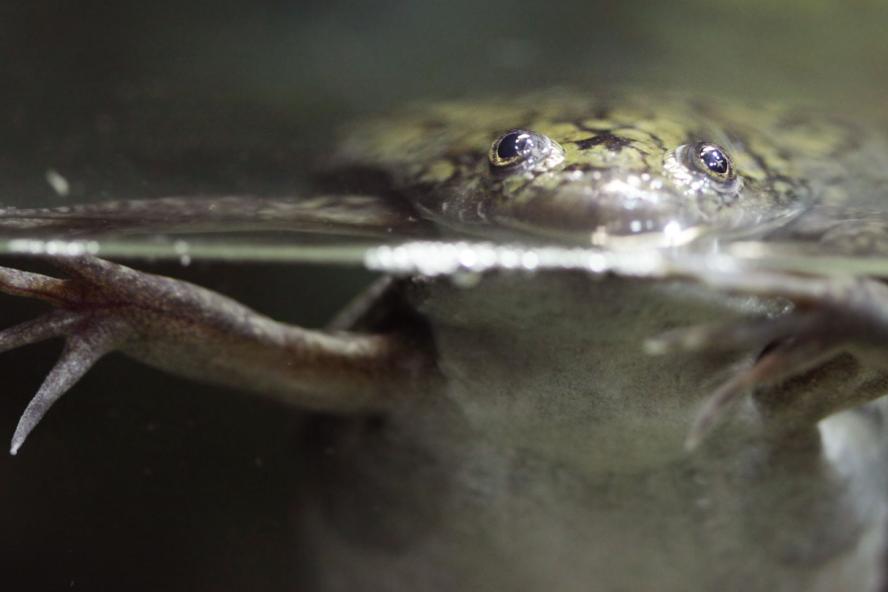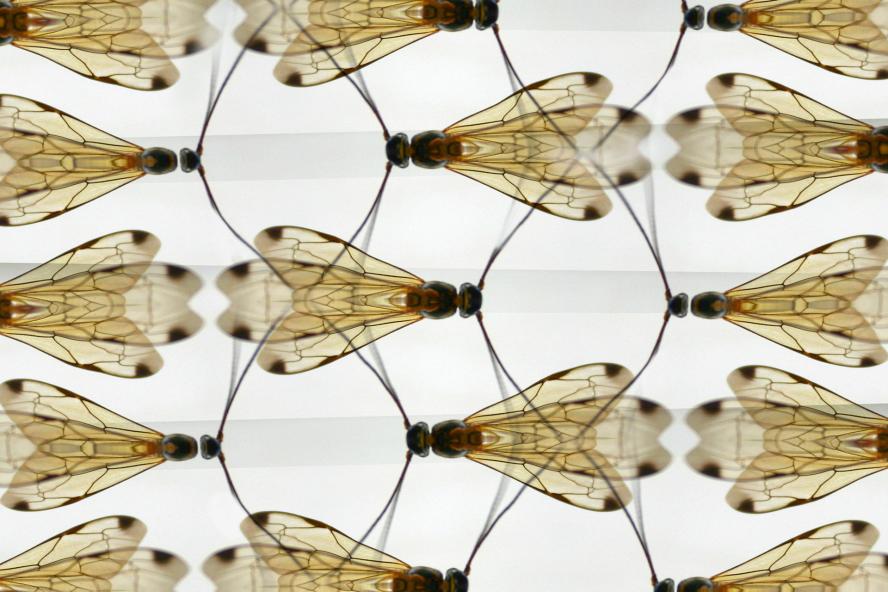
The Blackiston Lab
Principal Investigator: Douglas Blackiston
Location: 200 Boston Ave., Suite 4700
This burgeoning field of biology seeks to understand how complex tissues and organisms arise from the ordered expression of genes and signaling interactions between cells. It employs modern molecular biology approaches, combined with cell biology and physiology techniques, to probe some of the most fundamental questions in biology. Our laboratories use a variety of vertebrate and invertebrate model systems to examine developmental events at different times in the formation of an organism.
Douglas Blackiston
Jaye Gardiner
Michael Levin
Kelly McLaughlin
Mitch McVey
Khoa Tran
*Faculty mentors currently not accepting graduate students.

Principal Investigator: Douglas Blackiston
Location: 200 Boston Ave., Suite 4700

Principal Investigator: Michael Levin
Location: 200 Boston Ave., Suite 4600

Principal Investigator: Kelly McLaughlin
Location: 200 Boston Ave., Suite 4700

Principal Investigator: Mitch McVey
Location: 200 Boston Ave., Suite 4700